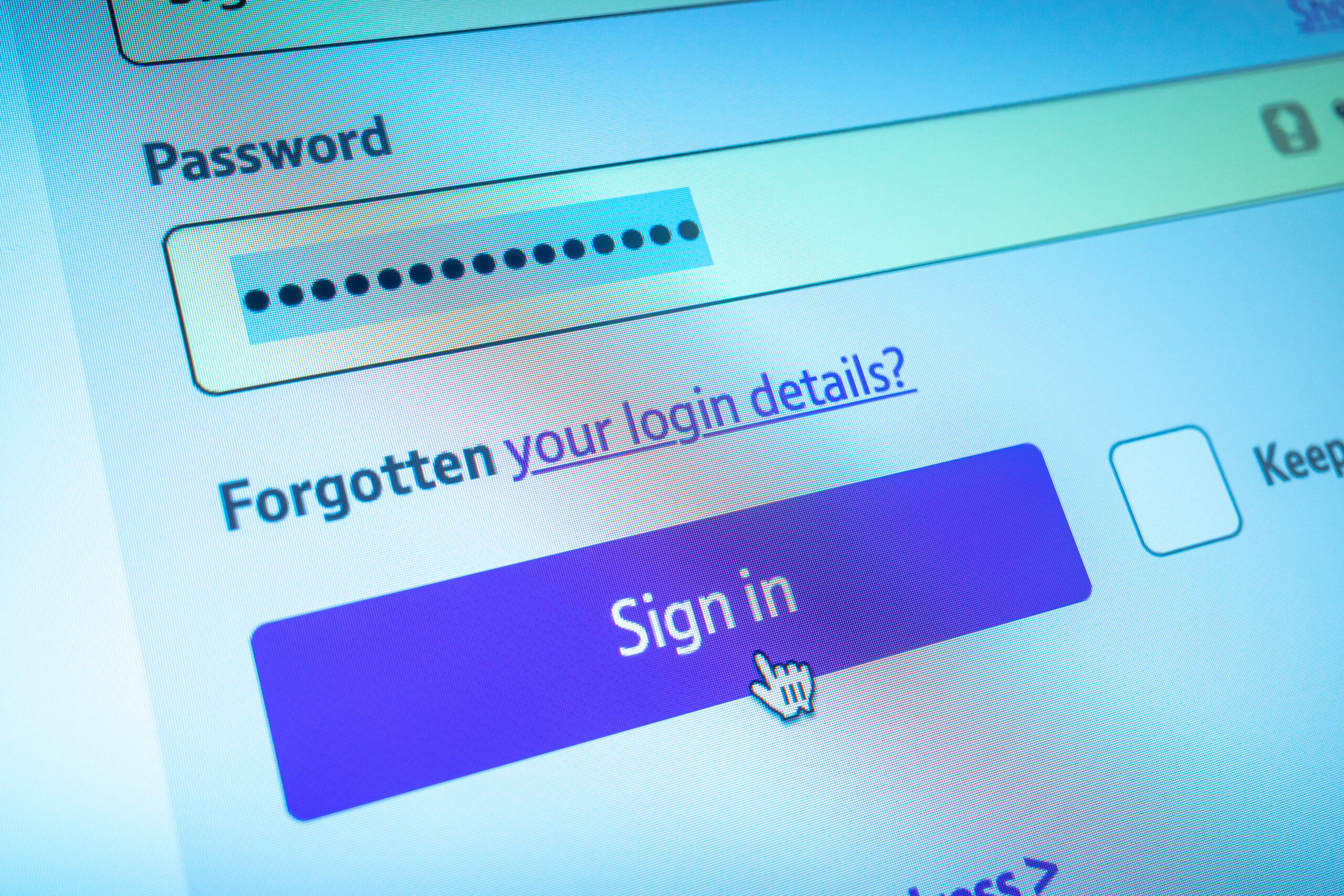Easily guessed computer passwords are now unacceptable in the UK

Commonly used passwords, including “12345” and “qwerty”, are banned in the UK following the passage of world-first cyber security laws.
With the growing threat of online hacks, attacks and fraud, the government is investing £2.6bn into its National Cyber Strategy to help protect people signing up and logging on to websites and social media sites.
Part of that strategy saw new password-related measures come into effect last Monday (29 April).
The initiative means anyone who enters a simple, commonly used password is now prompted to change it to something less obvious.
Research by NordPass, a password management website, found that in 2023, the most common passwords in the UK are “password” and “123456”.
Other widely used phrases include Premier League football teams, “Liverpool”, “Arsenal”, and “Chelsea”.
The spectre of hacking attempts looms large for UK consumers, even if they don’t realise it.
Which? magazine has found that malicious third parties make around 2,500 attempts every week to guess weak passwords on household smart devices.
The UK government recognises the potentially catastrophic consequences of this interference and wants manufacturers to improve standards.
The password ban is enforced alongside new security protocols for manufacturers of smart devices, including mobile phones and Wi-Fi-enabled fridges.
Science and Technology Minister Viscount Camrose said digital threats are multiplying at a time when consumers are increasingly reliant on smart tech.
He added: “We are committed to making the UK the safest place in the world to be online and these new regulations mark a significant leap towards a more secure digital world.”
Recent research found that UK homes have an average of nine connected devices.
